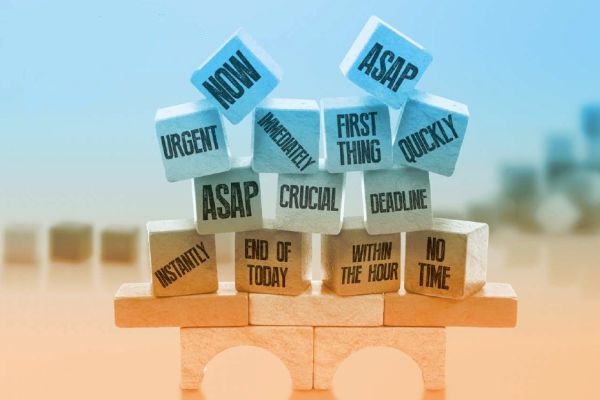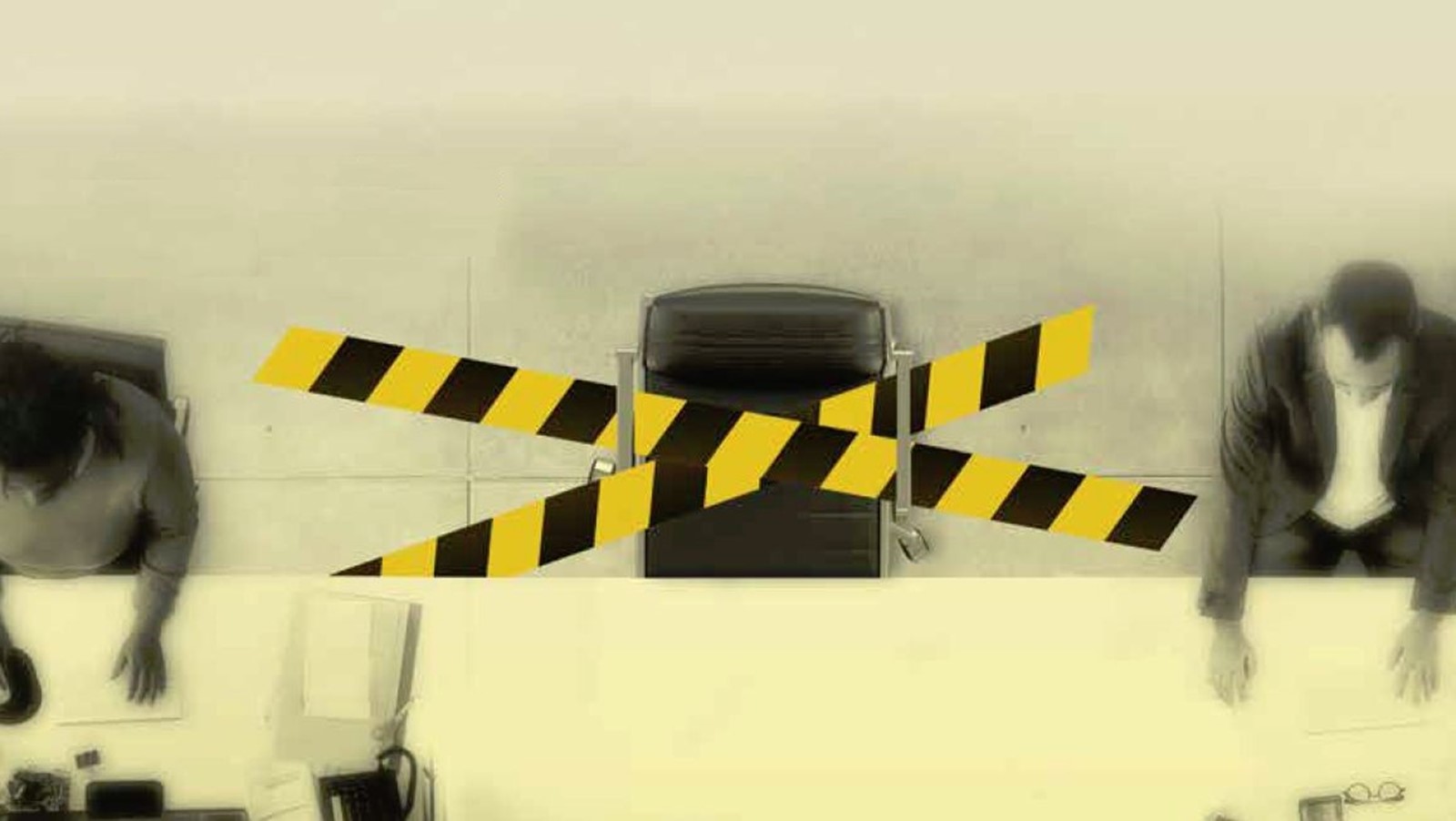Many years ago I heard a well-known disabled thought leader use an expression that has stayed with me all my life. He said, with regard to his experience of breaking his back aged twenty in a sporting accident and being subsequently paralysed; ‘I’m the first disabled person I’ve ever met.’
It intrigued me – because he wasn’t really suggesting that he truly hadn’t met anyone with some kind of disability in his whole life. Simply, he was saying that the personal experience of impairment is so fundamentally different from not having the experience – and that you cannot second-guess the great things, and less great things, that come from the experience.
At PurpleSpace, we estimate that our reach is over eight hundred and fifty thousand disabled employees – in fact, of all the disabled people in the UK, eighty-six per cent of them will have acquired their health condition or disability throughout the course of their working life. It can be enormously difficult for individuals to build inner confidence and resilience – especially when so many health conditions and impairments require you to do things a bit differently – or find time to manage the impairment, or indeed to manage other people.
It’s likely you’ll have worked with clients in your workplace who are adjusting to a life-changing disability; but if you haven’t, I’d like to share some thoughts I’ve gleaned from my own experience and from working with employees with a disability.
Understand that you will not be able to understand
When you first acquire a disability or health condition, everything that you ever knew about life changes. Of course, no two people are the same, nor will they react the same to different health conditions or impairments, but there is nothing that can prepare people for the experience. It can take years for people to learn how to be their new selves. It can be like living a new life, with a new identity. As a therapist it is important to avoid suggesting that people are still the same, even with their disability or health condition – they are still who they are – at a fundamental level that is often not true.
The low expectations of others are often worn on people’s faces – including our own
Trying to second-guess the daily grind of people who might look different, or walk differently, or who might have to re-learn communication skills because of sight or hearing loss, or who manage debilitating pain, are things we might, just might, be able to take a punt at. But the soft bigotry of low expectation can be the most corrosive of all human emotions, and it lands on your doorstep in spades as a disabled person. Supporting people to notice the way pity arrives at their door, and developing the skills to transcend it, could be the most powerful thing you can do as a therapist.
Loss and gain
Feelings of loss can be common among many people with different disabilities or health conditions; so too can feelings of gain. However, learning what those gains are will usually come from talking to, and engaging and networking with, other disabled people – especially if you are in work. It is hard to explain that to anyone without a disability or health condition. It is like explaining to people with children that your life is far richer and more fulfilling without them. Best not to bother. As a therapist without a disability, it might be wise to notice that you may never truly understand what the ‘gains’ are, or even be in the position to suggest that there are some.
‘Coming to terms with’ – the biggest lie based on other people’s terms
I couldn’t quite work out why that phrase got on my nerves throughout my twenties and thirties. You hear it used a lot in populist TV programmes, as well as documentaries that might focus on someone who is managing disability or ill health, or life-threatening illness. It is often meant to convey the moment when you have incorporated a level of ‘acceptance’, but so often it does not take account of the real barriers that are at play – other people’s sadness or disappointment or pity. You don’t have to ‘come to terms with’ those things. Those things are best noticed and managed.
Being authentic
When I look back to my early twenties, I recall how hard it was to be my authentic self – I have had arthritis for nearly forty years and in the early days experienced bleak times. Since then I have had plentiful OK times and a jolly good number of awesome times. The key, for me, was learning how to be myself – I don’t walk well. I have to manage pain and lack of mobility and dexterity, and stamina will always be an issue.
One of life’s important lessons was to be my authentic self – to let go of other people’s sadness, perceptions about my life and capability, pity and low expectation. Letting go of that was liberating. As a therapist you will have the privilege of working with people moving through those feelings – being able to convey your understanding of the real barriers that exist – and the key to moving on, could be one of the most important things you can do.
Kate Nash OBE created PurpleSpace, the UK’s only leadership development and networking hub for disabled employee network leaders and employees. Kate has helped over 300 organisations learn how to stimulate real conversations about disability at work through the power of employee networks; and PurpleSpace continues this work. www.purplespace.org
More from Talking purple

Talking purple: Building disability confidence
Open article: In her regular column, Kate Nash introduces #ourdisabilityconfidence, which brings together the learning from many hundreds of disabled employees. Counselling at Work, Summer 2016

Talking purple: How do you talk about disability at work?
Open article: In her regular column, Kate Nash says networking with other disabled employees can be one of the most powerful things you do. Counselling at Work, Spring 2016
